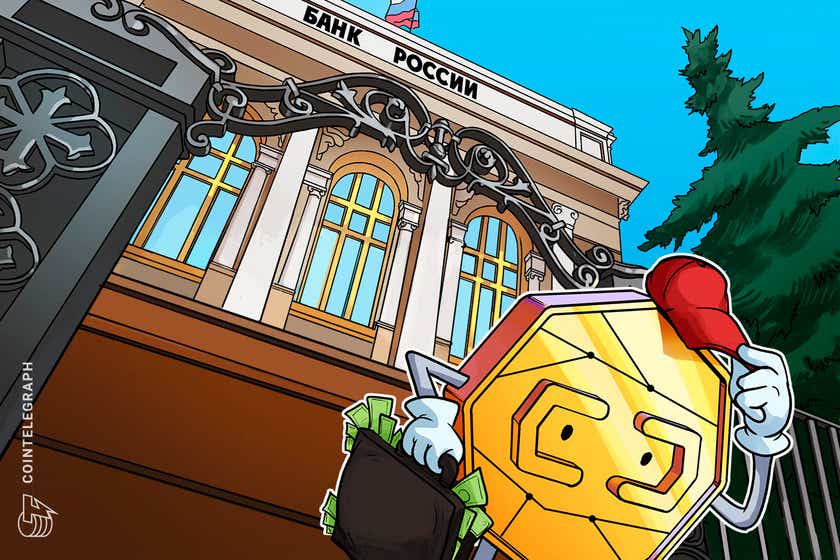The entity had previously called for the government to ban cryptocurrencies in Russia.
Less than two weeks after the Central Bank of Russia, or CBR, reiterated its position proposing to ban the issuance, mining and circulation of cryptocurrencies in Russia, it appears to have reevaluated its policy. In a press release published on Thursday, the CBR added the country’s biggest lender, Sberbank, to its register of information system operators for digital financial assets. As reported by local news outlet Tass, the CBR stated:
“Inclusion in the registry allows companies to issue digital financial assets and exchange them between users within their platforms.”
Sberbank’s blockchain platform is based on a distributed ledger technology, which can, theoretically, protect against information tampering. Legal entities on Sberbank will soon be able to issue digital financial statements certifying monetary claims, acquire digital assets allocated in Sberbank’s system and conduct crypto transactions. Sergey Popov, director of Sberbank’s transactional business division, gave the following remarks regarding the development:
“While we are still at the beginning of working with digital assets, we realize that further development is necessary to adapt to the existing regulatory framework. We are ready to work closely with the regulator and executive authorities regarding this direction.”
As a state-owned bank, Sberbank has been targeted by sanctions, such as those imposed by the United States Treasury, since the start of the Russia–Ukraine War. Earlier this month, Sberbank exited almost all European markets due to sanctions imposed by the European Union. Simultaneously, its foreign depository shares have plummeted by over 99% on the London Stock Exchange, with trading halted and its last quoted price being $0.05 apiece.
The devastating sanctions imposed on Sberbank alongside the CBR’s apparent policy reversal on crypto have led to speculation that digital currencies may represent a “lifeline” for the troubled bank. However, experts don’t believe that sanctioned financial institutions can use crypto to evade sanctions.




















